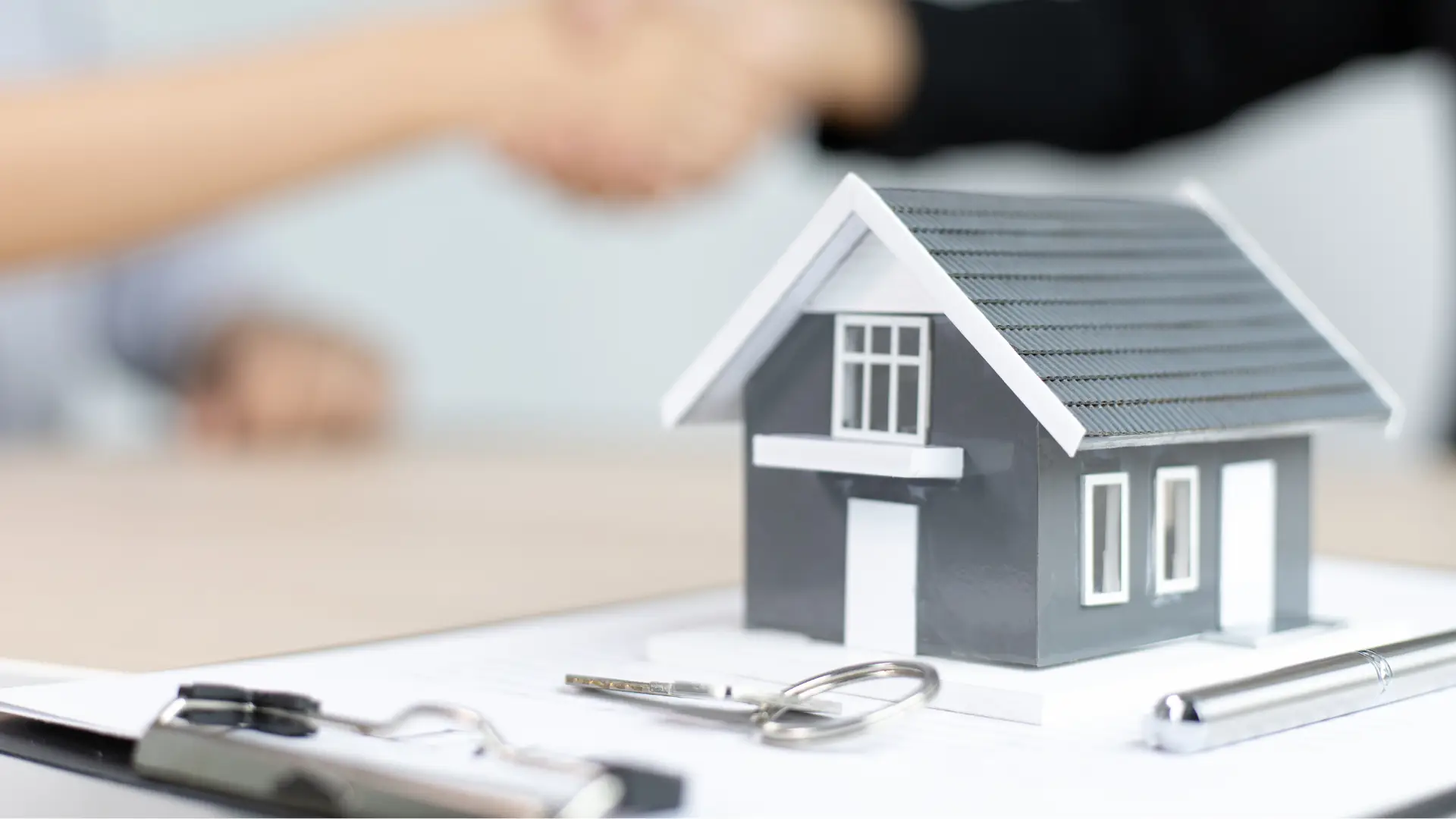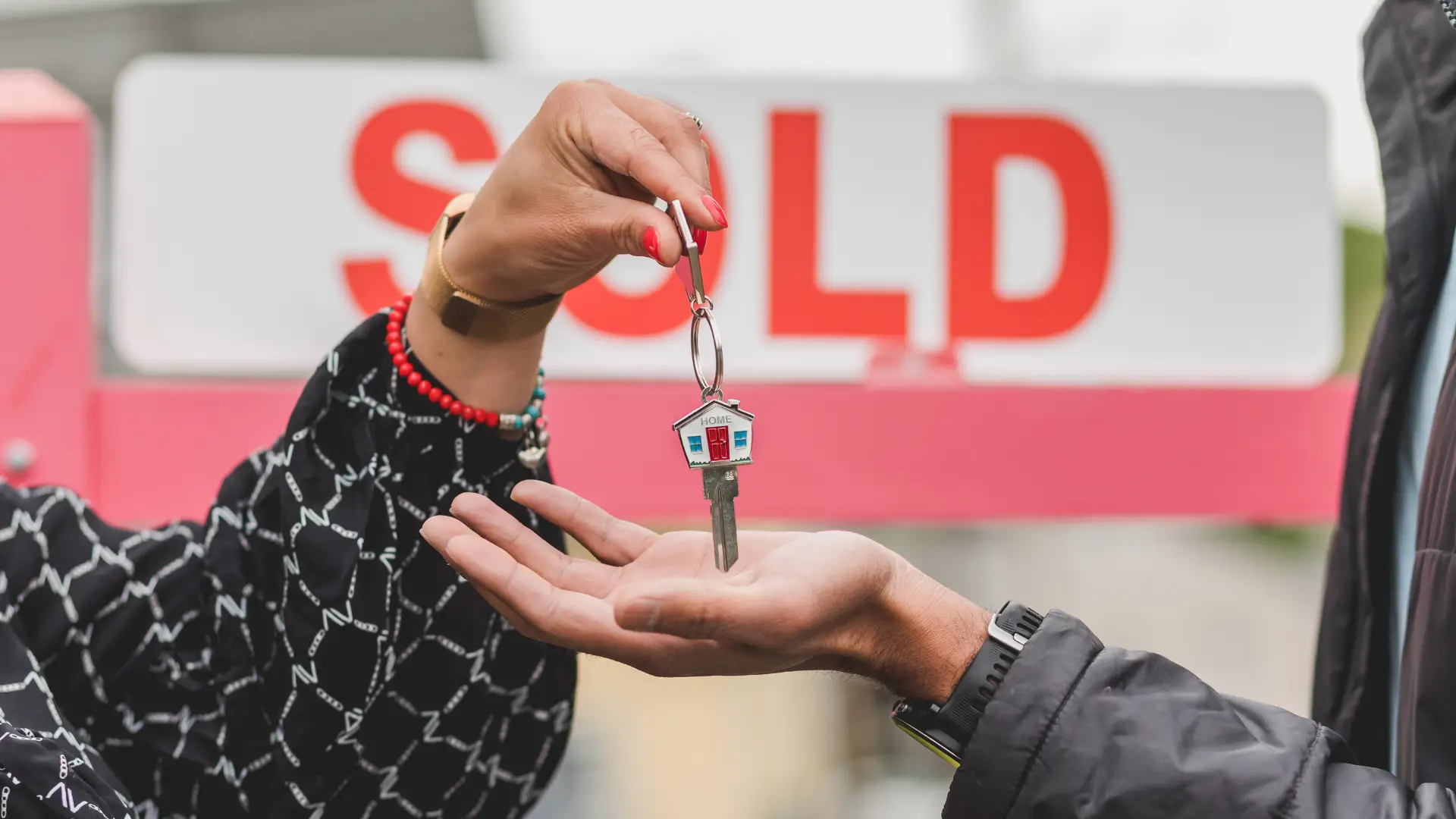Selling your home with a mortgage is pretty common in Canada and beneficial to you in many ways. Whether you have a mortgage or not doesn’t matter during a real estate transaction. All that matters is you have enough equity to pay off the pending mortgage at the time of closing.
Ideally, you should make profit on your equity as you will need some extra funds to pay the penalty for ending the mortgage term early. It is typically three months’ interest or the amount determined by the lender’s interest rate differential (IRD) calculation. Other than that, you also have to pay realtors’ commission, real estate lawyer fees, prorated property taxes, and moving costs.
Here’s how to sell your home with a mortgage:
1. Contact your mortgage lender for a payoff statement
Your payoff amount might be different from the balance you see in your most recent mortgage statement due to interest. It will also include instructions on how to make the final payment to repay your mortgage. Make a note of any accrued interest, penalty charges for previous late payments and current prepayment, and due date for the payment.
2. Get a home evaluation done
You can do this research on your own or, better yet, work with a real estate agent who has expert knowledge of the local market. Ask them to provide a comparative market analysis (CMA), so you get the most accurate estimate. If you are only getting $50,000 to $100,000 price over the purchase amount, you will likely not make any profit since all that will go towards closing costs. However, if you are in a rush to sell, price it smartly as it will attract serious buyers.
3. Find an experienced local real estate agent
A local realtor in Brampton is your best bet for a successful sale. Look for agents with minimum 5 to 10 years of experience and who actively sell a minimum of 10 homes a year. Part-time agents or new agents will be inexperienced in handling a quick sale.
4. Sell your property and pay off mortgage
On the day of closing, settle the paperwork and pay off the mortgage. After both these costs are paid off, any remaining sale proceeds are yours. If this property was your primary residence, the CRA might exempt you from paying capital gains taxes in real estate. If it is an investment or rental property or you are a house flipper, you will have to pay 50% in capital gains taxes.

Selling your home lower than purchase price
Selling the home won’t cover your remaining mortgage balance, which puts you in a position where you owe more on your mortgage than your home is worth—this is known as being underwater.
In such a scenario, you have a few options:
1. Consider a short sale
This option requires getting your lender’s approval to sell the house for less than the amount you owe. The bank will need to agree to accept a loss. While a short sale can impact your credit score negatively, it allows you to exit the mortgage without paying the full remaining balance.
2. Pay the difference
If feasible, you could use your savings or liquidate other assets to cover the gap between the sale price and your mortgage balance. Although it’s not ideal to tap into your personal assets, this approach keeps your credit intact.
3. Delay selling
If you’re not under immediate pressure to sell, waiting might be wise. Housing markets can recover over time and you have a good chance to sell later at a better price, either for a profit or to at least break even.
Planning to sell your property in Brampton? Connect with Realtor Catherine Nacar today!

